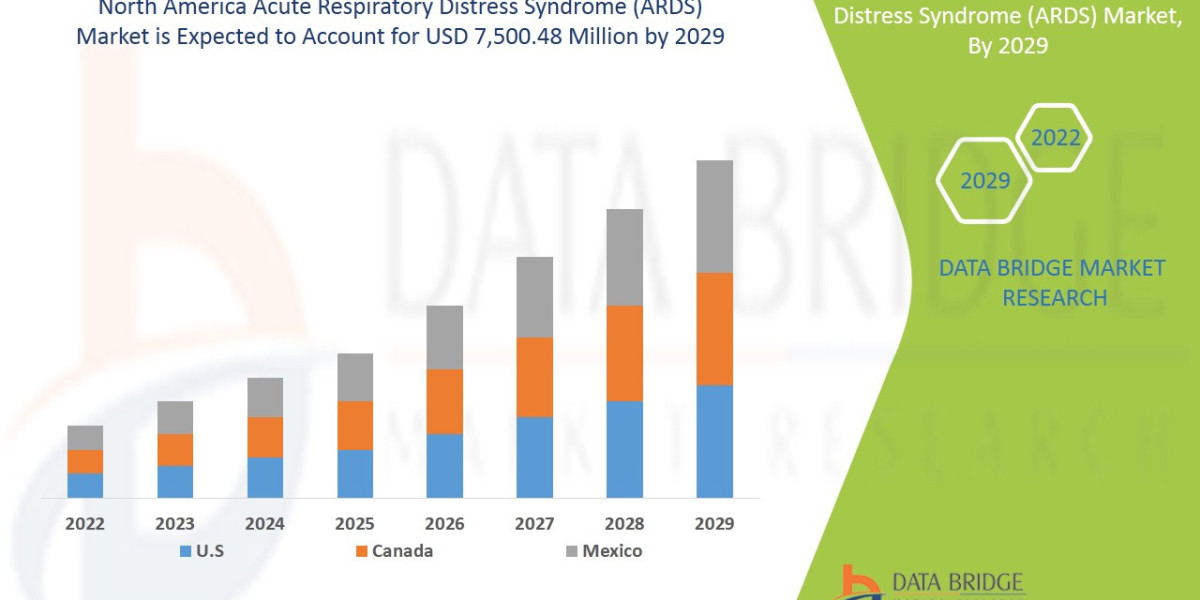In today’s fast-paced healthcare environment, denial management is a critical focus for specialty clinics. For allergy and podiatry clinics, claim denials are not just an inconvenience—they represent delayed revenue, operational disruption, and increased administrative workload. With constantly changing payer rules and evolving codes, both specialties must adopt a smart strategy to avoid denials and secure reimbursement.
Understanding Denials in Specialty Billing
Denials occur when insurance payers reject claims for various reasons: incorrect coding, missing documentation, lack of prior authorization, or policy exclusions. Specialty clinics—particularly allergy and podiatry practices—often deal with unique procedures and tests that are vulnerable to rejection if not billed properly.
For example, skin testing for allergens requires specific CPT codes, exact documentation, and proof of medical necessity. Similarly, podiatry procedures may be denied if they aren’t associated with appropriate diagnoses or don’t meet frequency limitations defined by payers.
The Role of Allergy Medical Billing Services
Allergy clinics perform complex diagnostic procedures such as skin prick testing, intradermal tests, patch testing, and immunotherapy. Each of these services requires precise coding, and minor errors can lead to rejections.
Allergy medical billing services specialize in the nuances of billing for these procedures. Expert billing partners understand:
CPT codes for different test panels and shots.
How to bundle or unbundle codes depending on payer rules.
Documentation requirements for reimbursement (e.g., allergen selection rationale).
Timely submission of follow-up therapy sessions.
By outsourcing to experienced medical billing and coding services, allergy clinics can reduce errors, ensure timely filing, and meet compliance standards.
Common Denials in Podiatry Billing
Podiatry clinics frequently face denials tied to routine foot care, especially when payers determine that the treatment lacks medical necessity. Many insurance plans require documentation that the patient has a systemic condition (like diabetes) that justifies routine care.
Here are key reasons for podiatry billing denials:
Incorrect usage of CPT code modifiers (e.g., Q7, Q8, Q9).
Failure to link ICD-10 diagnosis codes that prove medical necessity.
Frequency limitations not followed.
Documentation not supporting the procedure.
Podiatry Billing Solutions That Work
Working with specialists who provide podiatry medical billing services solutions can make a tangible difference. These experts can:
Guide correct usage of G-codes and modifiers.
Maintain real-time payer policy databases to avoid outdated coding.
Ensure accurate ICD-10 mapping for comorbid conditions.
Automate reminders for patient eligibility and prior authorization.
Specialized billing support also helps in appeals handling—crafting payer-specific denial rebuttals that often result in overturned rejections.
Prevention is Better Than Rework
Avoiding denials starts with a proactive approach. Here’s how both allergy and podiatry clinics can ensure clean claim submissions:
Preauthorization Checks: Always verify if a service requires preauthorization and obtain it in writing before the patient visit.
Eligibility Verification: Confirm coverage and copay/deductible details beforehand to minimize billing surprises.
Precise Documentation: Ensure clinicians are trained to document the rationale for every procedure, especially for Medicare patients.
Code Updates: Stay current with CPT and ICD-10 updates affecting your specialty.
Claim Scrubbing Tools: Use automated scrubbing software that flags coding or compliance errors before submission.
Leveraging Medical Billing and Coding Services
Engaging a third-party billing provider who offers medical billing and coding services for allergy and podiatry clinics allows your staff to focus on patient care. These services not only handle day-to-day billing tasks but also monitor denial trends, prepare detailed reports, and provide training recommendations to improve coding accuracy.
Top medical billing firms offer:
Dedicated specialty coders.
Custom reporting dashboards.
Compliance audits to reduce risk of payer penalties.
Real-time denial tracking and A/R management.
Final Thoughts
Avoiding denials isn’t just about correcting mistakes after they occur—it’s about designing workflows and adopting tools that ensure claims are right the first time. For allergy and podiatry clinics, denial management must be tailored to the specific needs of each specialty. With the right support in allergy medical billing services and podiatry billing solutions, practices can minimize revenue loss, boost clean claim rates, and scale with confidence.
If you’re struggling with rejections or overwhelmed by payer requirements, partnering with professional medical billing and coding services could be your clinic’s smartest move toward financial health.








